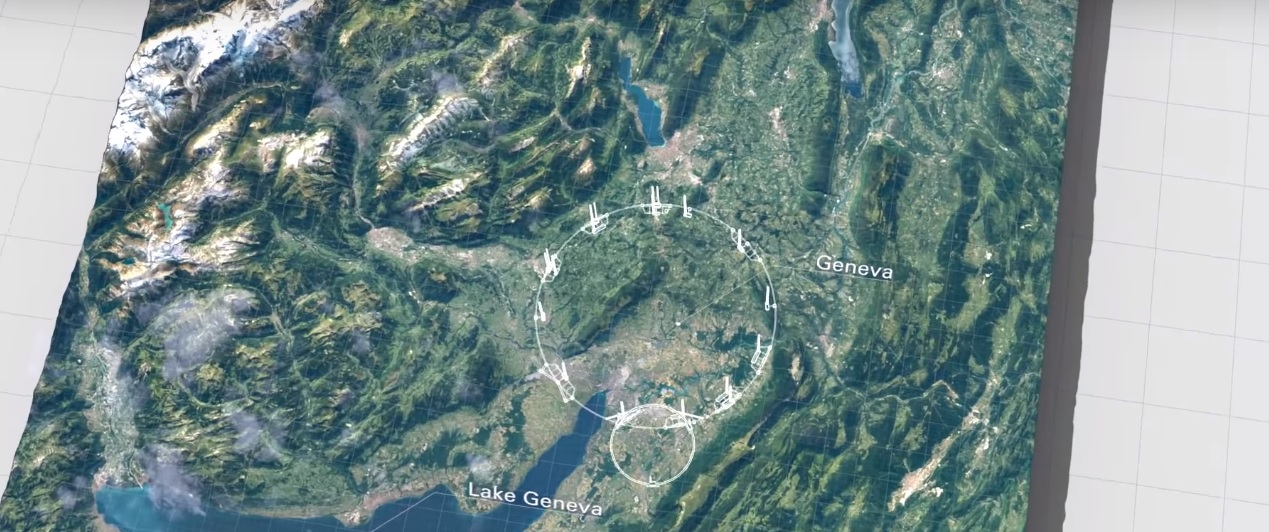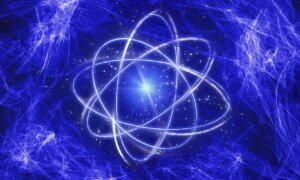CERN (the European Organization for Nuclear Research) has recently launched a proposal for building the largest, most powerful particle accelerator in the world.
CERN does have another collider, called the Large Hadron Collider (LHC). It measures 16.6 miles around but the future one will be 63 miles around.
CERN wants to build what has been dubbed the Future Circular Collider (FCC) in an underground area that will surround Geneva and pass through both Switzerland and France. This new collider will reportedly be six times more powerful than the LHC.
These sort of colliders accelerate particles close to the speed of light and then smash them against one another. The scientists analyze these collisions and the subatomic particles they release. Through this process, they hope to understand more of what makes our universe ‘tick’.
The scientists who have worked with the HLC are known for having discovered the Higgs boson but, since then, the collider has been rather quiet. The FCC advocates hope that a bigger collider, capable of delivering more powerful collisions can help them make more discoveries.
The project is the accumulated effort of no less than 1,300 scientists, over the course of 5 years. The LHC took 10 years to be approved, so it’s worth noting a project of this magnitude will most likely take decades to realize.
If it will be approved, that is – the FCC will cost around 21 billion Euro ($24 billion). The argument against it is that, even though it will be powerful, there is absolutely no guarantee that the scientists will discover anything at all by using it.
For now, CERN will continue to use the sturdy LHC which has been operating with Swiss precision in all this time, for a couple of more decades.
Follow TechTheLead on Google News to get the news first.

























